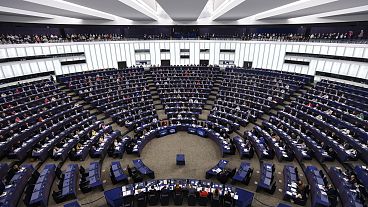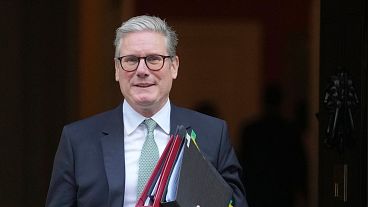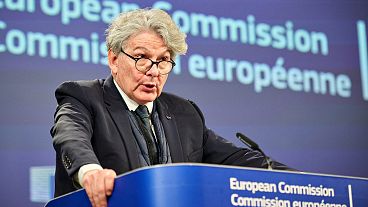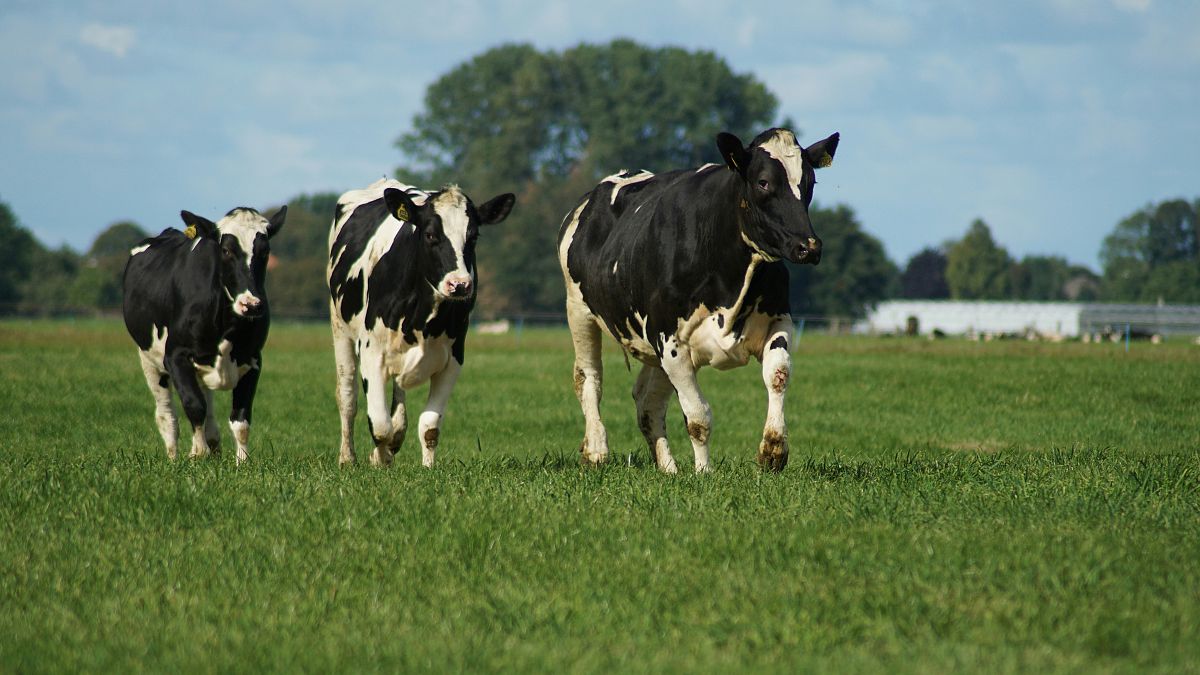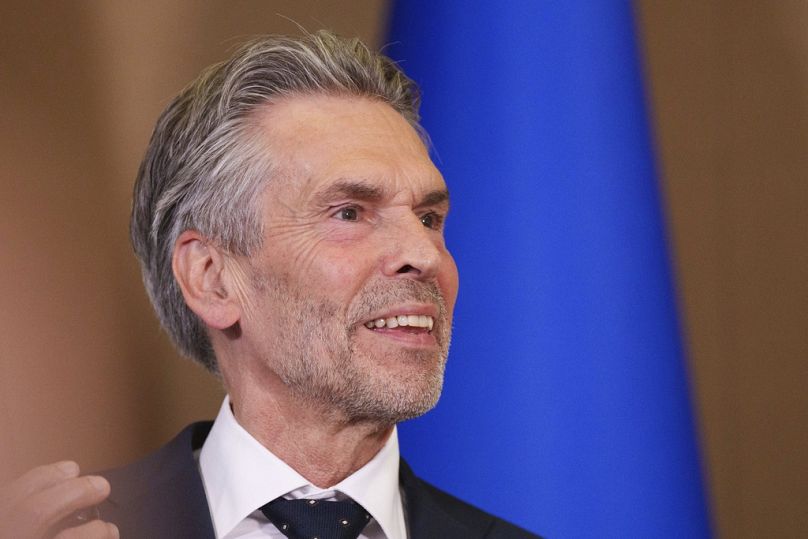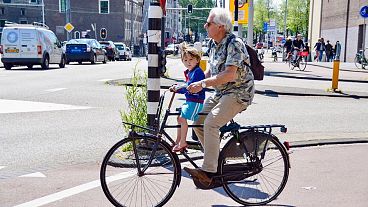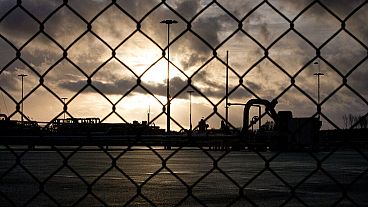There are concerns on what the new coalition’s plans will be for nature and the environment in the Netherlands.
Provinces in the Netherlands will no longer have to adhere to existing programmes to restore nature - including water quality and manure management - and cut nitrogen precipitation - the input of reactive nitrogen from the atmosphere to the biosphere.
The new, recently formed coalition government has announced it’s scrapping the National Rural Area Programme (NPLG) - and it’s not yet clear what will replace it.
The previous cabinet had established the NPLG to help individual regions to develop plans to achieve their environmental goals.
Many of the provinces are said to have made significant progress with those plans over the last few years and, in August, they collectively sent a letter to the Lower House of parliament saying they wanted the NPLG - or something similar - to continue.
That now won’t happen, thanks to the decision by the Farmer-Citizen Movement (BBB), new Agriculture Minister Femke Wiersma’s party, which is part of an uneasy coalition which took weeks to come together.
It took 223 days to reach an agreement on the new coalition, with the Dutch king eventually giving his blessing to the cabinet - the most-right wing in recent Netherlands history - in July following the election in November 2023.
New prime minister Dick Schoof has no party alignment, but the far-right Party for Freedom (PVV) gained the most votes, so they got the first pick of ministers. The liberal People’s Party for Freedom and Democracy (VVD) and recently founded centrist New Social Contract (NSC) took their share of ministers, too.
But it’s the fledgling BBB party which now takes charge of the realms of housing and agriculture - and one of their first moves has been to do away with the NPLG.
What was the situation with the NPLG before the new government was formed?
In 2019, strict environmental legislation meant the country was in an effective state of paralysis.
That year, though, Netherlands’ policies regarding nitrogen emissions were considered insufficient by the European Union and they demanded new ideas.
The former government immediately took action, putting in place daytime speed limits of 100 km/h on motorways.
They ensured that construction permits were harder to get, after laying bare the fact that construction work can lead to excessive nitrogen emissions.
The previous government also focussed on the Dutch livestock industry, especially those farms which are located close to natural reserves, and prepared for a large buy-out of pig, poultry and dairy operations.
Some left-wing politicians called for a “halving” of the livestock industry, which led to significant protests from much of the rural population - and those plans were not enforced.
What does the BBB’s decision mean for climate and the environment in the Netherlands?
From the start, the BBB has been extremely critical of the nature and nitrogen program, having already cut the NPLG’s budget from €20 billion to €5 billion euros in the agriculture sphere.
They also cut a €500 million per year budget for farmers who take nature-friendly measures.
Now, Dutch broadcaster The Nederlandse Omroep Stichting (NOS), has revealed it’s getting rid of the NPLG entirely.
But what’s next? It isn’t clear at all how the coalition cabinet intends to achieve the country’s goals for climate, nature, nitrogen, and water without the NPLG - or if it’s even a priority for them.
While the coalition has agreed in principle that the cabinet plans to stick to the existing climate goals, there is unease in the provinces about how they will go about doing this.
According to NOS, the cabinet will present their alternative plans on or around the Netherlands’ Budget Day on 17 September.
In a statement from the provinces, they raised their concerns: “A lot of time and money have been invested in regional processes in recent years. This has also raised expectations among regional partners. Clarity is needed quickly about how we tackle the major challenges in rural areas in a coherent manner.”
The coalition has said it wants to maintain existing goals for water quality and nature protection - but it won’t be clear exactly how they’ll go about that until the BBB reveal their plans.

